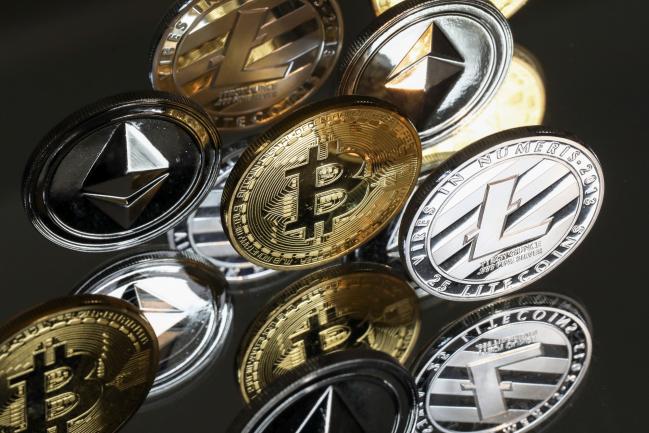(Bloomberg) -- India’s top court refused to overturn a central bank ban on lenders from dealing in cryptocurrencies, a move that effectively outlaws the nascent industry in Asia’s third-largest economy.
A bench headed, by Chief Justice Dipak Misra, said the Reserve Bank of India’s directive prohibiting banks, financial institutions and other regulated institutions from providing any services related to virtual currencies will remain implemented. In a circular dated April 6 and effective since then, the regulator gave banks three months to exit operations.
India is going a step further than most countries in cracking down on peer-to-peer money. While the central bank -- the nation’s main financial regulator -- is defending its turf for managing electronic money and also trying to cut off an avenue for crimes using digital coins, many nations such as Abu Dhabi and South Korea are creating rules to allow more secure crypto trading.
In the legal challenge before India’s Supreme Court, the central bank told the top court that Bitcoins cannot be treated as currency under India’s existing law that mandates coins to be made of metal or exist in physical form and stamped by the government. The court directed RBI to consider representations by cryptocurrency platform providers.
In India, the finance ministry has yet to make a final ruling on a formal ban, but the recent volatility in cryptocurrency markets has only emboldened policymakers around the world to take a more skeptical view of the trade. Investors and technology platform providers for cryptocurrencies are worried as uncertainty looms over future of digital currencies.
“Nobody is able to price the risk currently. The minute you have clarity on exchanges and whether digital currencies can be used as a medium of exchange or payment, or if it is a commodity, there will be less speculation and much more stability in pricing,” said G.V. Anand Bhushan, a partner at law firm Shardul Amarchand Mangaldas & Co.
The top court was hearing a public-interest litigation, akin to class-action lawsuit, filed by advocate Dwaipayan Bhowmick seeking regulations on use of cryptocurrencies. Start-ups providing virtual currency trading platforms, like Flintstone Technologies Pvt. Ltd. and Kali Digital Ecosystems Pvt. Ltd., had appealed to various high courts and challenged the central bank’s ban on banks from providing services to users, holders and traders of virtual currencies.
A European Parliament-commissioned study on the issue came to the conclusion this month that regulators should not ban virtual currencies.
“Given their global, trans-border character, it is recommended to harmonize such regulations across jurisdictions,” the report by the Center for Social and Economic Research concluded. “Investment in VCs should be taxed similarly to investment in other financial assets.”
(Updates with court’s direction to India’s central bank in third paragraph.)
